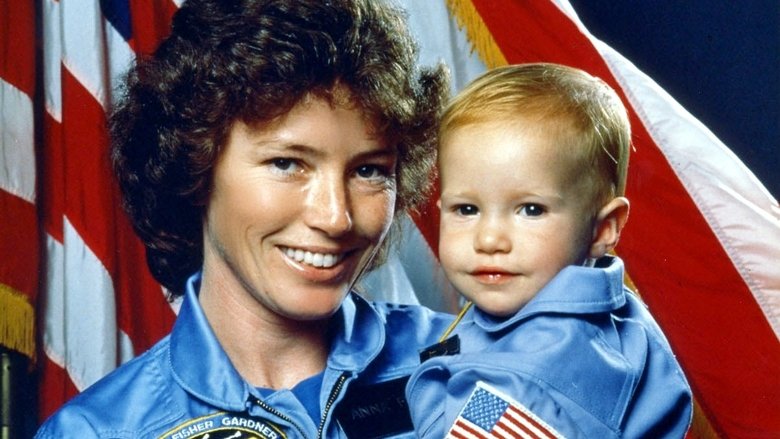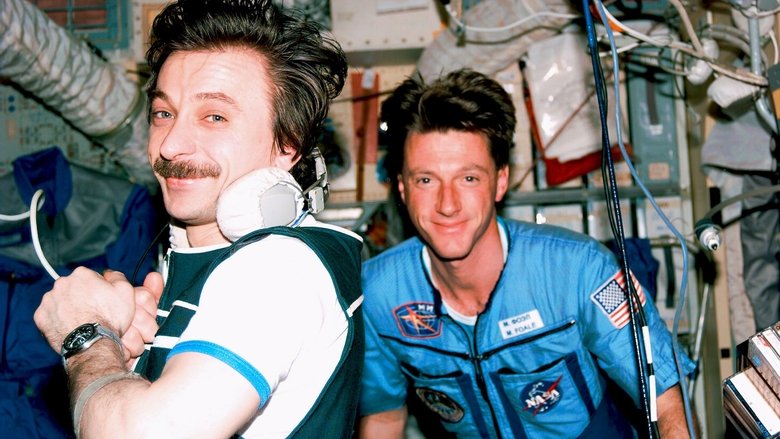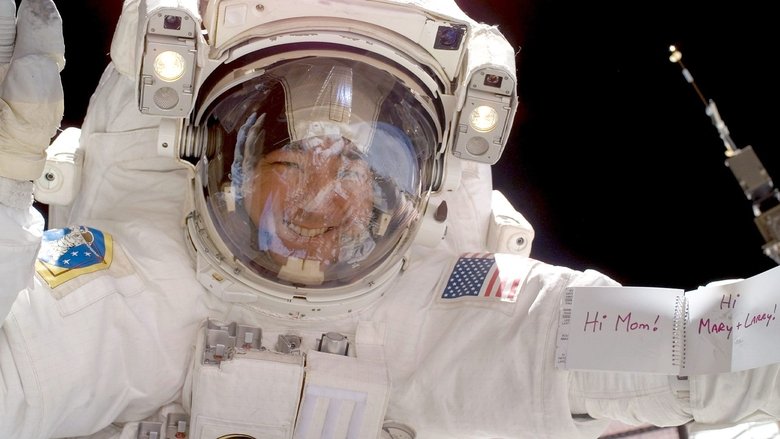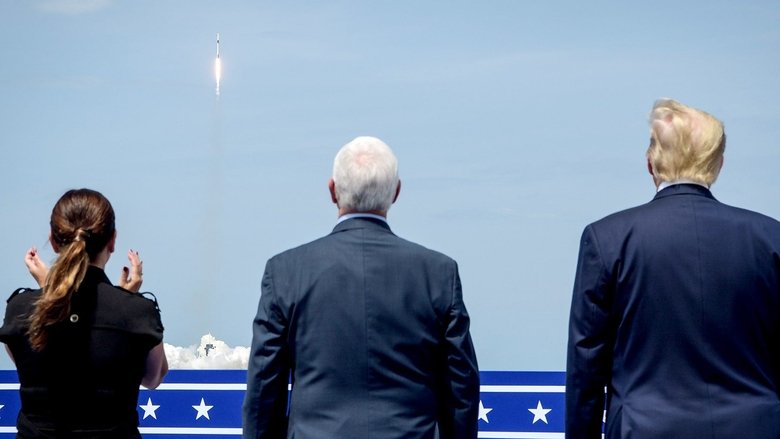
01. America First
In the 1970s, America looks to its state-of-the-art, reusable Space Shuttle to reinvigorate its national space programme and meet the country’s military and commercial demands. For the first time, aspiring astronauts of all genders and racial backgrounds have been encouraged to apply. But in 1986, tragedy strikes when Space Shuttle Challenger explodes shortly after launch, killing all seven astronauts on board.
This is the story of the early Space Shuttle program, using immersive interviews with astronauts and their families reveal how they battled segregation, sexism and hard-wired prejudices to secure a ride to space.

02. The Russian Thing
After the Soviet Union’s fall, the Mir space station remains a symbol of a vanished era, but Russia’s space program struggles to survive. The US worries that Russian rocket scientists with sensitive nuclear expertise could be recruited by rogue states. In response, the Shuttle-Mir Program is launched: American astronauts train in Russia and live aboard Mir, providing crucial funding to Russia’s space agency and giving NASA essential long-duration flight experience. Yet disaster strikes when a deadly fire erupts, followed by a cargo ship collision that sends Mir spinning out of control. Featuring rare personal archive footage from Russia’s Star City, this offers a unique glimpse into early cooperation between two global powers.

03. Politics Always Wins
In 1996, NASA unveils its largest-ever team of astronauts: 44 individuals tasked with the colossal undertaking of building the International Space Station, piece by piece, in orbit.
While the ISS is a symbol of global unity, its financial demands are straining Russia's already struggling economy. Russia's own beloved Mir space station is paying the price. Facing the high cost of maintenance, Mir's days are numbered - unless money can be found to save it.

04. Friends Forever
With astronauts from over 14 different countries sharing their experiences - and the same spectacular view of Earth - aboard the ISS, a special sense of belonging and connection develops for many aboard the ISS.
With the Space Shuttle program finally closing down, America must pay the Russians for seats on their Soyuz rockets in order to send their astronauts to the ISS. But after Russia annexes Crimea in 2014, and then launches a full-scale invasion of Ukraine in 2022, serious questions are being asked about the morality of collaborating with Putin's Russia on any new space project, with the ISS journeying towards the end of its life.